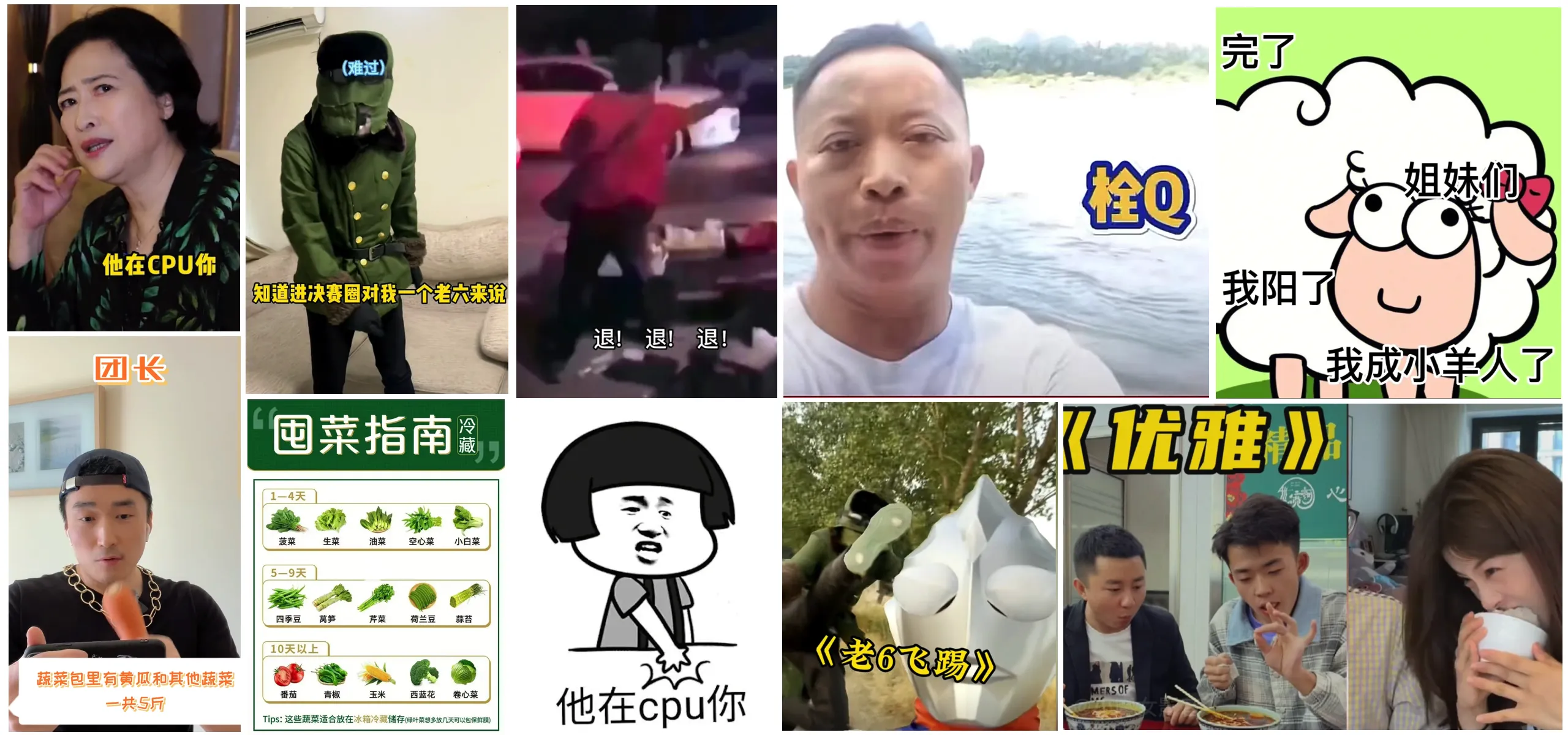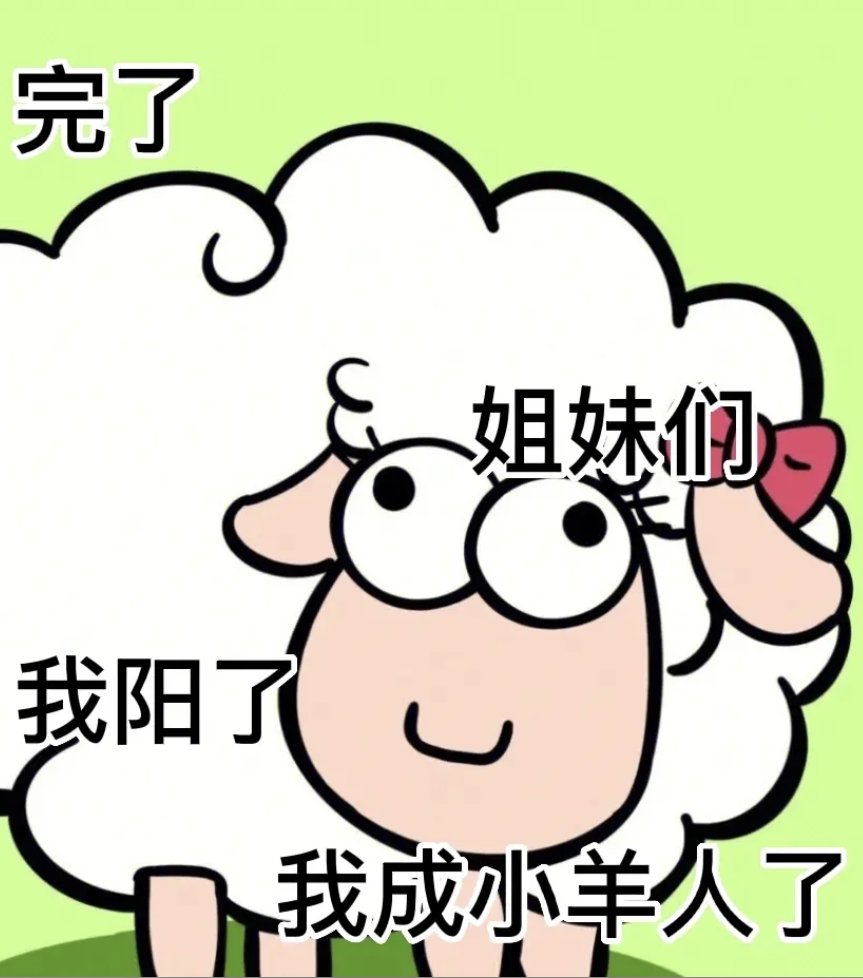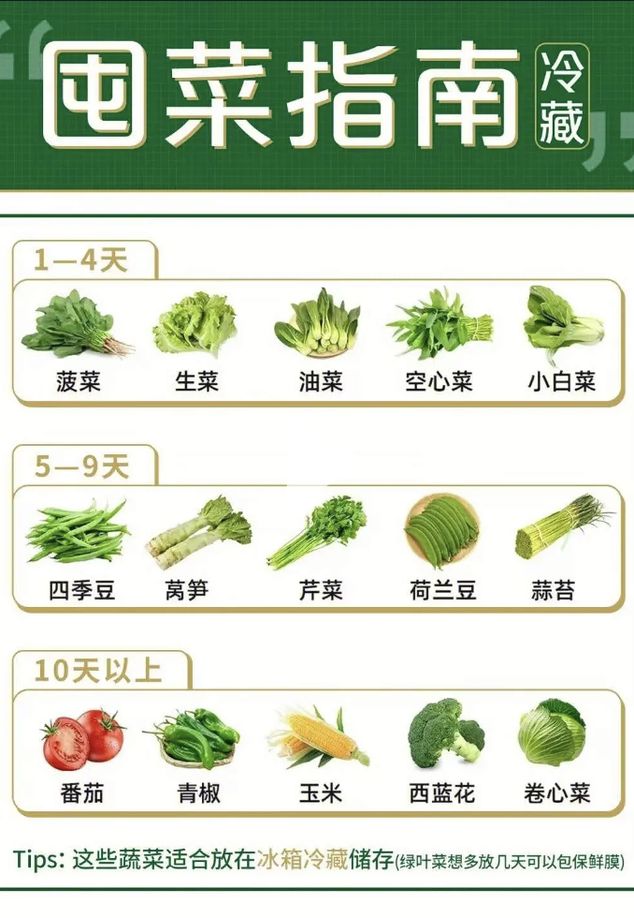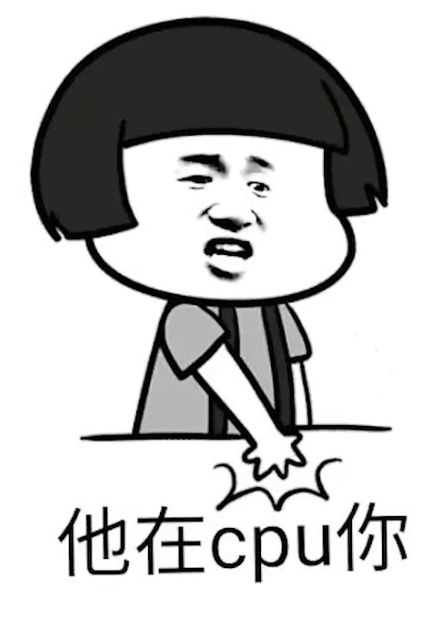In a year that saw Covid frustrations and viral trends, here are the words and phrases netizens invented to talk about it all
2022 seems to have gone by in a flash, and through it all, TWOC has brought you the memes and slang terms that captured what Chinese netizens talked about, thought about, and felt. In this eventful year that saw netizens discussing the Winter Olympics like a video game, revisiting music and celebrities from their childhood, and creating ”literature” during months-long pandemic lockdowns, here are TWOC’s picks for the most significant and influential internet memes and slang terms from 2022:
The year in Covid slang
Three years after the first cases were discovered in Wuhan, Covid-19 is still exerting a crucial influence on the Chinese lexicon. 2022 witnessed people all over China struggling to live with the virus, from Shanghai’s lockdown in late March to Beijing’s soaring infections at the year’s end, while inventing many memes that expressed their feelings about the experience.
First becoming widespread during the Shanghai lockdowns, and now probably littering every corner of your WeChat Moments feed, is the term “sheep (羊 yáng),” or even just a “sheep” emoji, which can be both an adjective for “positive” (as in Covid test result) or a noun representing the person who tested positive. This is because the character sounds the same as the medical term for “positive (阳性 yángxìng).” Though addressing people as “sheep” has been controversial, with some believing it adds to the stigmatization of Covid patients, it is now mostly used in self-deprecation as Covid-negative people seemingly become the minority in many cities—meaning it probably wins as the most frequently used catchphrase in 2022.
“Group (团)” is another pandemic-related term that began trending during Shanghai’s lockdown in spring, as residents of each community banded together to “group buy (团购 tuángòu)” food and supplies in bulk, as vendors had set minimum order amounts due to labor shortages. This resulted in memes such as the leader of bulk-purchase groups being called “group chief (团长 tuánzhǎng),” a military term for the commander of a regiment, and editing the poster of the patriotic war drama My Chief and My Regiment (《我的团长我的团》 Wǒ de Tuánzhǎng Wǒ de Tuán) to read “My group chief and my group.”
Frozen and canned foods, once reviled as health hazards or signs of poverty, resurged in popularity as people around the country began “hoarding vegetables (囤菜 túncài)” in case of unexpected lockdowns. “Vegetable hoarding guides (囤菜指南 túncài zhǐnán)” also emerged online teaching people which vegetables are best for freezing, how best to store them to preserve their freshness, or even how to grow vegetables on a balcony. One can 囤 anything, it seems, from toothpaste to medicine, which people are now doing as China experiences a U-turn in its pandemic-control policy. “Before, we hoarded vegetables and waited for lockdowns. Now, we stockpile medicine and wait for fever (以前: 买菜等封控。现在: 买药等发烧。Yǐqián: mǎicài děng fēngkòng. Xiànzài: mǎiyào děng fāshāo.),” netizens say in the face of seemingly unavoidable infection.
The year also hasn’t been easy for “wage slaves (打工人 dǎgōngrén )” who have had to deal with building closures and public transport shutdowns during the zero-Covid era, and now large numbers of infected colleagues making it hard to meet the year-end KPIs. For some reason, though, lockdowns and outbreaks never seem to affect some people’s ability to report for work every day—and some have managed to stay negative even now, leading them to be dubbed “heaven-chosen wage slaves (天选打工人 tiānxuǎn dǎgōngrén),” who are fated to work no matter what happens.
Complaining about work (again)
The workplace has always been fertile ground for slang terms in Chinese, and one of the standout terms of 2022 was “Old Six (老六, Lǎo Liù).” This is derived from roleplaying games as a term for a teammate who doesn’t pull their weight, much like an older term 猪队友 (zhūduìyǒu, pig-like teammate). As roleplaying games are typically played with five-member teams, calling a team member 老六 implies they are so terrible they might as well be the sixth member of the opposing team. The catchphrase “Well well, Old Six (服了你这个老六 Fúle nǐ zhège Lǎo Liù)” has been widely adopted by workers to express their frustration in the face of inept colleagues or other collaborators.
The existence of “Old Six” lead to the birth of “yuanzhong (怨种 yuànzhǒng),” or “big yuanzhong (大怨种 dàyuànzhǒng),” sometimes also written as “冤种 (yuānzhǒng),” originally a term from the Northeastern dialect meaning someone who has suffered great injustice or has even become scapegoated (背黑锅 Bēi hēiguō) for others’ mistakes. A big yuanzhong in the workplace is someone who “does the most tiring work, but gets the least pay. They not only have to work hard, but also lap up false promises from their superiors. Scolded by their boss, they still have to boast of their boss’s outstanding achievements. Unhappy every day, they are pure big yuanzhong (在职场上干最累的活,拿最少的钱。不仅要打工,还要吃老板画的饼,挨老板的骂,吹老板的丰功伟绩,每天都不开心,纯纯大冤种 Zài zhíchǎngshàng gàn zuìlèide huó, ná zuìshǎode qián. Bùjǐn yào dǎgōng, háiyào chī lǎobǎn huàdebǐng, ái lǎobǎnde mà, chuī lǎobǎnde fēnggōng wěijì, měitiān dōu bùkāixīn, chúnchún dà yuānzhǒng).”
Fun with initials
The term “PUA,” originally short for “pick-up artist,” dates at least back to the last decade to refer to emotionally manipulative romantic relationships, but was given new life in this decade to refer to emotional abuse at work. However, other three-letter initials seem to have popped up in the Chinese online lexicon in 2022, used in seemingly nonsensical ways: KTV, CPU, PPT, UFO.
This meme had its origin in an interview with Xu Di, a renowned 54-year-old actress, who was asked by the interviewer what she should do about a boyfriend who constantly criticized her appearance. The kindhearted actress immediately became infuriated on the interviewer’s behalf and said: “Don’t listen to him, he is CPU-ing you (你别听他的,他在CPU你 Nǐ bié tīngtāde, tā zài CPU nǐ),” when she actually meant to say “PUA (emotionally manipulating).” This ignited netizens’ creativity, and soon the internet was full of sentences like “He is UFO-ing you (他在UFO你 Tā zài UFO nǐ)” or “He is KTV-ing you (他在KTV你 Tā zài KTV nǐ).”
Magic spell for a frustrating year
The refrain “Back! Back! Back!”, sometimes even accompanied by an emoji of a fencer, has been dubbed a magic “spell” that can protect against all undesirable happenings. It is derived from a viral Douyin (TikTok) video of a formidable “Chinese auntie (中国大妈 Zhōngguó dàmā)” who, while arguing with someone in Zhejiang province, adopted a fencing stance, pointed at the man, and shouted: “Back! Back! Back! (退!退!退! Tuì! Tuì! Tuì!)” as if warding off an evil spirit. Now people faced with all kinds of frustrations in real life chant, “Virus, go back! Back! Back! (病毒给我退!退!退!Bìngdú gěi wǒ tuì! Tuì! Tuì!)” Or, “Quarantine, unemployment, anxiety, go back! Back! Back! 居家裁员焦虑退!退!退!Jūjiā cáiyuán jiāolǜ tuì! Tuì! Tuì!)”
No, 栓Q
“Shuan Q (栓Q, Shuān Q),” a soramimi or 空耳 (kōng’ěr, mishearing) of the English phrase “thank you,” originated from a viral video by Liu Tao, a farmer and self-taught English teacher from Guangxi, who ends all of his videos with “thank you” said in a thick accent. Netizens were amused as well as impressed by Liu’s unflappable energy, and adopted his mispronounced catchphrase for their own.
Generally, 栓Q is used as a sarcastic way to express gratitude when one actually wants to express frustration or speechlessness. It’s sometimes combined with the similar phrase, “I truly thank you (我真的会谢 Wǒ zhēnde huì xiè)” to form “I truly shuan Q (我真的栓Q Wǒ zhēnde shuān Q),” used to sarcastically thank the universe for anything from your favorite TV shows getting canceled for no reason to your kids’ school announcing classes are going online...again.
Keep elegant and carry on
“Elegant (优雅 yōuyǎ)” was selected as the top “bullet curtain” phrase of 2022 on Bilibili, as a comment that frequently flashed across the screen while videos played on the Gen Z-frequented streaming site. The term was used to compliment someone for having a solid resolution or the ability to remain calm, no matter how the situation around them changes.
优雅 used to describe things that are high-end or high quality, but on Bilibili, people who have been called “elegant” include an influencer who plays soft electronic music with the suona (唢呐), a cacophonous traditional wind instrument, who was praised as: “Timelessly elegant (优雅,永不过时 Yōuyǎ, yǒngbú guòshí).” Similarly, a street artist playing guitar with a certain carefree charm was lauded as, “Elegant, so elegant (优雅,真是优雅 Yōuyǎ, zhēnshì yōuyǎ).”
In the midst of a difficult year, with the majority of popular slang terms dealing with people’s frustrations as they try to find work, keep their jobs, and avoid the virus while hopefully getting back to a normal life, this term reflects the idea that many people are still finding appreciation for the little things in life and hoping for a return to “elegance” in the future. Try commenting with this term and see if it doesn’t inspire you—栓 us later.
















